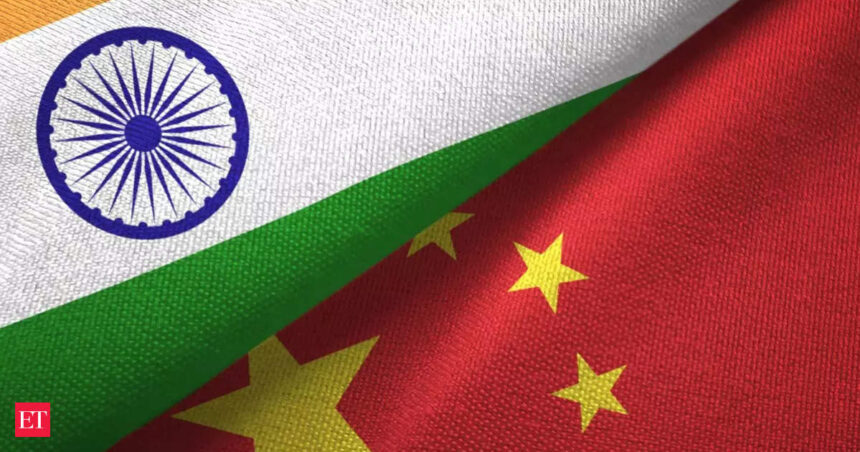New Delhi has raised concerns about China’s trade practices at the World Trade Organisation (WTO), specifically focusing on non-transparent subsidies that result in the influx of low-priced, poor-quality goods into India, damaging local industries.
India has pointed out issues such as China’s cross-border data regulations, export control measures on critical raw materials, and non-tariff barriers that impact pharma exports. These concerns arise from India’s significant trade deficit with China, which was $85.07 billion in FY24 and has already reached $40.8 billion in the current fiscal year.
Non-tariff barriers have also affected India’s exports of shrimp and bovine meat to China, hindering market access for these products. India has sought clarification on China’s health certificate requirements for shrimp imports and reiterated its demand for market access for bovine meat.
Furthermore, India has questioned China’s anti-dumping investigations process and expressed reservations about the Investment Facilitation Development (IFD) agreement led by China at the WTO. India is opposed to this pact, which aims to streamline investment processes and enhance international cooperation, as it could potentially impact India’s investment regulations, including those related to FDI from countries sharing a land border.
India is concerned that the IFD agreement is trying to introduce a non-mandated issue into the multilateral arena and wants to understand how China plans to integrate this agreement into the WTO framework without violating the trade body’s consensus-based decision-making principles.










